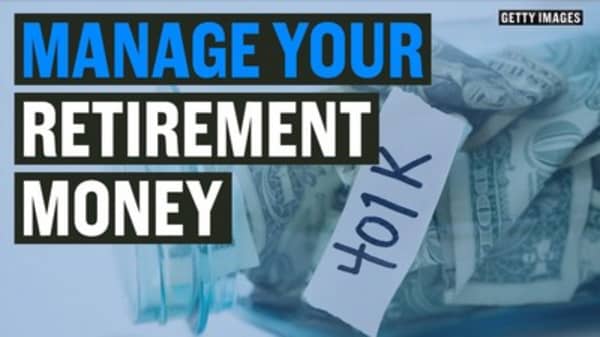A client met with me to discuss his dream of taking an early retirement. As a 58-year-old electrical engineer, Paul made it clear he was tired of enduring constant stress and increased responsibilities at work.
His pension and 401(k) plan were finally at levels where he felt confident he could retire early, and on his own terms. And since most of his co-workers were in the midst of making their own exits, Paul was ready to follow suit and roll his 401(k) plan into an individual retirement account so he could begin living off the distributions.
It sounded like a good plan to Paul. Well, not so fast.
Because Paul hadn't yet reached the magical age of 59½, taking early distributions would result in a very unattractive 10 percent early withdrawal penalty if we didn't plan this carefully.
As his financial advisor, I mapped out a plan. To help Paul retire early without paying unnecessary penalties, I rolled his pension into his IRA while leaving his 401(k) plan with his employer. This allowed him to take advantage of the "55 and separated rule," which allows certain workers to take early withdrawals without penalty.
This is how it works: If you are 55 or older in the year you leave your job and need to take a distribution of your retirement-plan funds immediately, you should leave the money in your company plan and take your withdrawals from there. That's because distributions from your company plan — again, if you are 55 or older in the year you left your job — are not subject to the 10 percent early distribution penalty if you no longer work for that company (or what the tax code refers to as "separation from service"). Remember, however, that the distribution would still be subject to federal income taxes.
More from Advice and the Advisor:
7 ways to make sure you don't outlive your savings
Starting a new job? Don't forget your 401(k) at your old one
Millennials' top 10 money mistakes
This client story illustrates an important danger of rolling your 401(k) plan over to another plan too soon. If you don't have a comprehensive plan in place and you liquidate your 401(k) plan before you hit the age of 59½, you may wind up paying an early withdrawal penalty — and that's on top of taxes.
But there are other dangers to be aware of that come with rolling over your 401(k) plan, most of which can be avoided with some thoughtful planning and preparation.
Let's imagine you have a favorable stock position with your employer and plan to take advantage of a little-known rule that can help you avoid penalties and minimize taxes. Under the "net unrealized appreciation rule," only the cost basis of the shares you sell is subject to tax (and perhaps an early withdrawal penalty) at the time of distribution. The cost basis is what someone actually pays for the stock, whereas the difference between the cost basis and the stock's current price is called the NUA.











